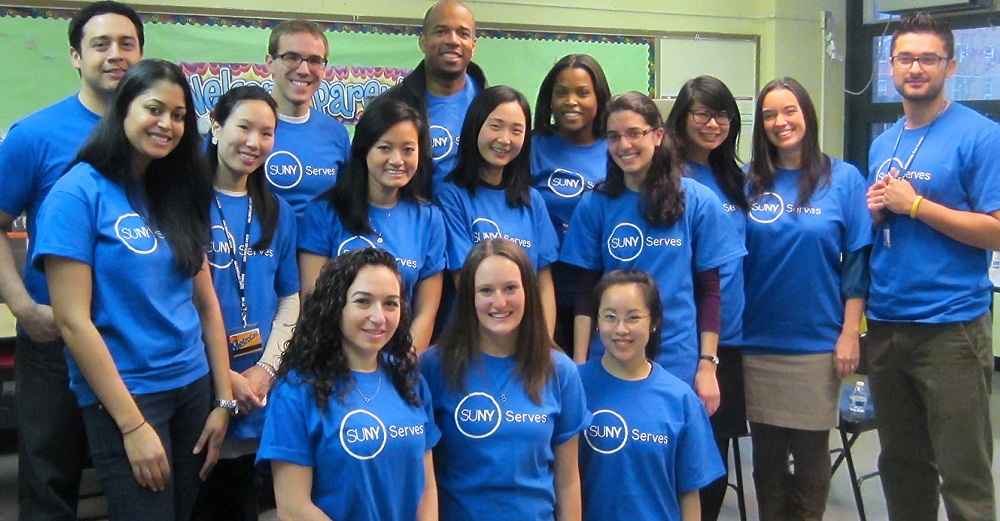
The competition for jobs and internships can be very heavy. Other than your studies, what can be used to get a leg up on the competition? Experts say volunteer experience and extracurricular activities can boost your profile to potential employers. Now, students have a way to show off their participation and achievements outside of the classroom via co-curricular transcripts.
A co-curricular transcript provides students with a verifiable record of their work inside and outside of the classroom, letting future employers or transfer schools know that your time at college is more than classes. It is clubs, internships, or volunteer work too.
There has been a shift in the way colleges document their students’ experience. Inside Higher Ed published an article on the effort to go beyond the transcript in higher education. The Lumina Foundation recently provided $1.27 million “for NASPA (Student Affairs Administrators in Higher Education) to partner with the American Association of Collegiate Registrars and Admissions Officers (AACRAO) to explore how to collect, document and distribute information about student learning and ‘competencies,’ including what is obtained outside of a traditional academic classroom.” Offered as a supplement to the academic transcript, the student-initiated record was developed to give students a competitive edge when applying for jobs or graduate programs.
 SUNY New Paltz is a leader in co-curricular transcript development. “Employers and graduate schools want candidates who are well-rounded and have demonstrated that they are actively engaged in leadership roles, their community and that they’re volunteering and taking advantage of study abroad and other experiential experiences,” said Linda Eaton, associate vice president for student affairs. “The co-curricular transcript gives students an official place to highlight their accomplishments outside of the classroom in addition to their academic transcript and resume.”
SUNY New Paltz is a leader in co-curricular transcript development. “Employers and graduate schools want candidates who are well-rounded and have demonstrated that they are actively engaged in leadership roles, their community and that they’re volunteering and taking advantage of study abroad and other experiential experiences,” said Linda Eaton, associate vice president for student affairs. “The co-curricular transcript gives students an official place to highlight their accomplishments outside of the classroom in addition to their academic transcript and resume.”
The transcript, which is validated by academic and professional faculty at the College, is organized around categories that reflect co-curricular activities at New Paltz and student identification of learned skills in each of these activities. These include: Academic Related Experiences, Campus Committee Membership, Community Service, Honors and Awards, Leadership Activities, Student Government and Organizations.
Eaton noted that students can also use the program as a search engine to find the select specific skills they are looking to obtain.
For example, “if a student feels that they would like to gain public speaking skills, they can put that skill in the program and it will populate all the experiences where that skill can be gained,” she said. “It’s a valuable asset for students when trying to get ahead.”
And this helps students in one other way: it helps students identify just what skills they want to present in the future. By learning what skills they should highlight and showcase, students get valuable practice for future interviews and resume builds. Giving students the opportunity to identify a needed or desired skill can greatly help them when they interview for a job, internship, or graduate program. First-hand experience is quite a valued trait for employment or graduate applications as it shows that candidates have been involved in the work not just in their books, but in real applicable situations working with real people.
There are multiple other SUNY campuses that have taken on the co-curricular transcript option for students, including SUNY Geneseo, SUNY Delhi, SUNY Morrisville, and SUNY Oneonta.
With a co-curricular transcript, you can let your transcript reflect all of your skills and experiences.



